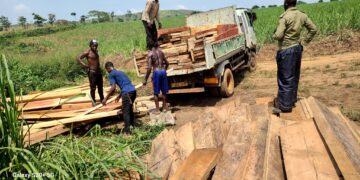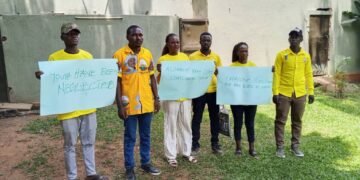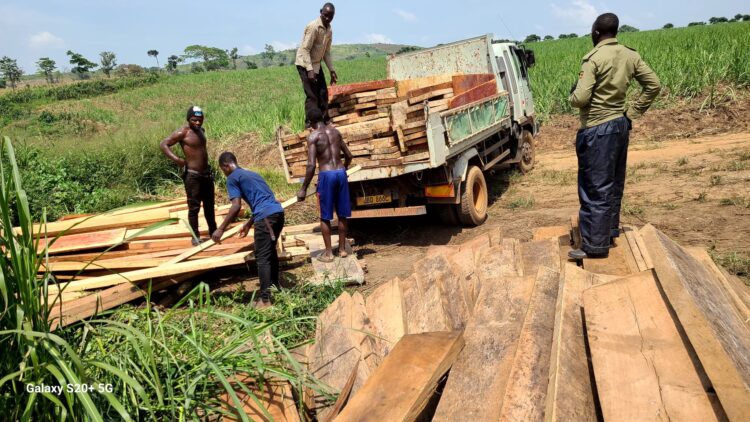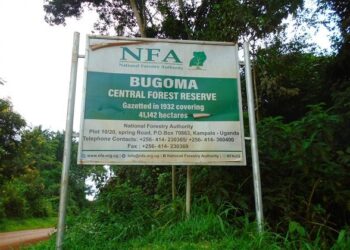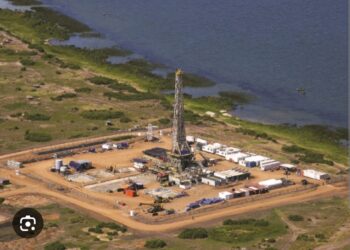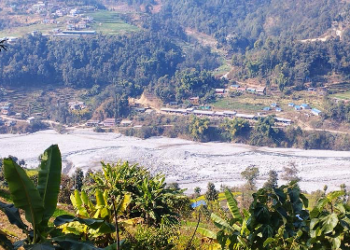OPINION
As Uganda Joins the rest of Africa to commemorate the ongoing Africa Climate week, ending on Saturday 6th September, ahead of Africa Climate Summit 2 in Addia Ababa
Ethiopia, it’s important to note that human activities and encroachment on Bugoma Forest
Reserve with sugar cane growing, illegal logging, charcoal burning contribute much towards
the release of carbon emissions which negatively impact biodiversity worsening climate change.
The summit theme, “Accelerating Global Climate Solutions,” is a kind reminder to the Ugandan government to work together with relevant organizations, stakeholders, civil society organizations and communities
to restore and conserve Bugoma Forest reserve.
Forests like Bugoma regulate the global carbon cycle and mitigates climate change. However, lack of sufficient information on the green economic alternatives that can be harnessed while protecting the forest among the neighboring communities has resulted into the destruction of the forest, calling for swift stakeholder engagements to restore Bugoma.
Notwithstanding, Bugoma Forest is home to hundreds of tree species, many of them rare, and various animals,
including chimpanzees, mangabeys, and hundreds of birds species. It serves as the largest remaining natural tropical forest along the Albertine Rift Valley, and a crucial wildlife migratory corridor between the Budongo and Semliki forests. The forest also plays a significant role in storing carbon, contributing to Uganda’s efforts to meet its commitments under the Paris Agreement.
Destruction of the forest not only disrupts its ability to regulate local climate but also affects water
sources which contravenes the Sustainable Development Goals 6 ,13 and 15 to which Uganda works
under United Nation framework, to protect and restore water-related ecosystems, including
mountains, forests, wetlands, rivers, aquifers and lakes.
Bugoma is a water catchment. Therefore, taking urgent action to combat climate change and its impacts is paramount. As African countries gather in Addis Ababa to discuss on African Climate, the Ugandan government is reminded to protect forests back home as a climate stabilizer under SDG 13, SDG 15, to protect, restore
and promote sustainable use of terrestrial ecosystems, sustainably manage forests, combat
desertification, and halt and reverse land degradation and halt biodiversity loss.
By Doreen Asasira,
doreenasasira6@gmail.com
